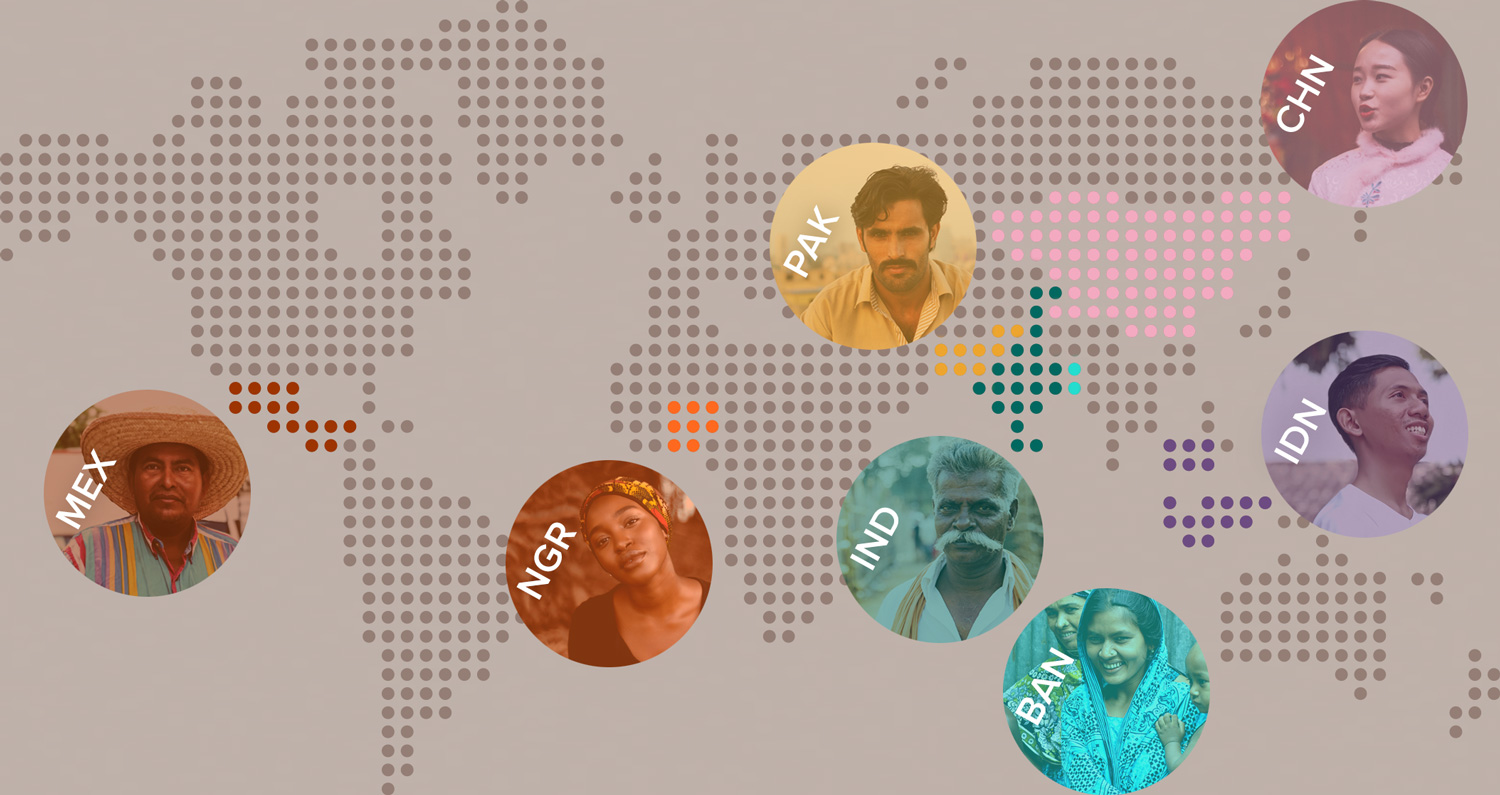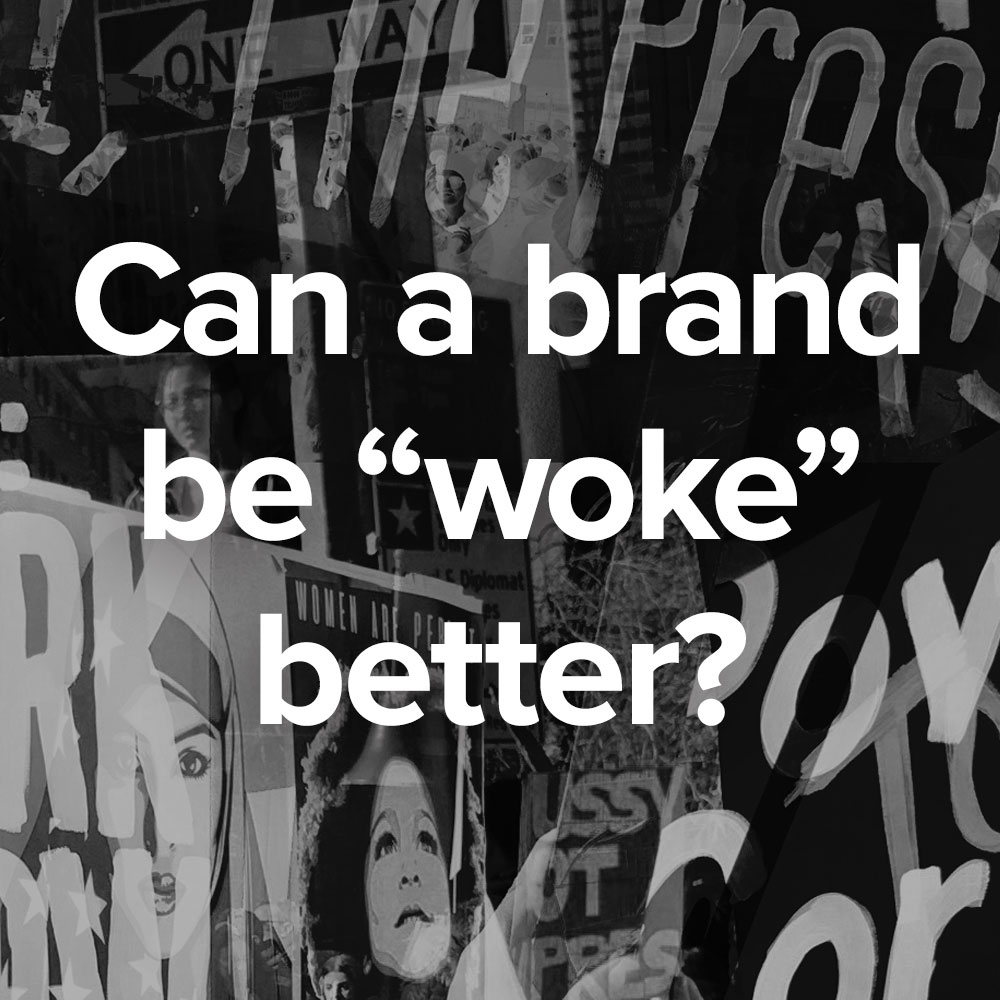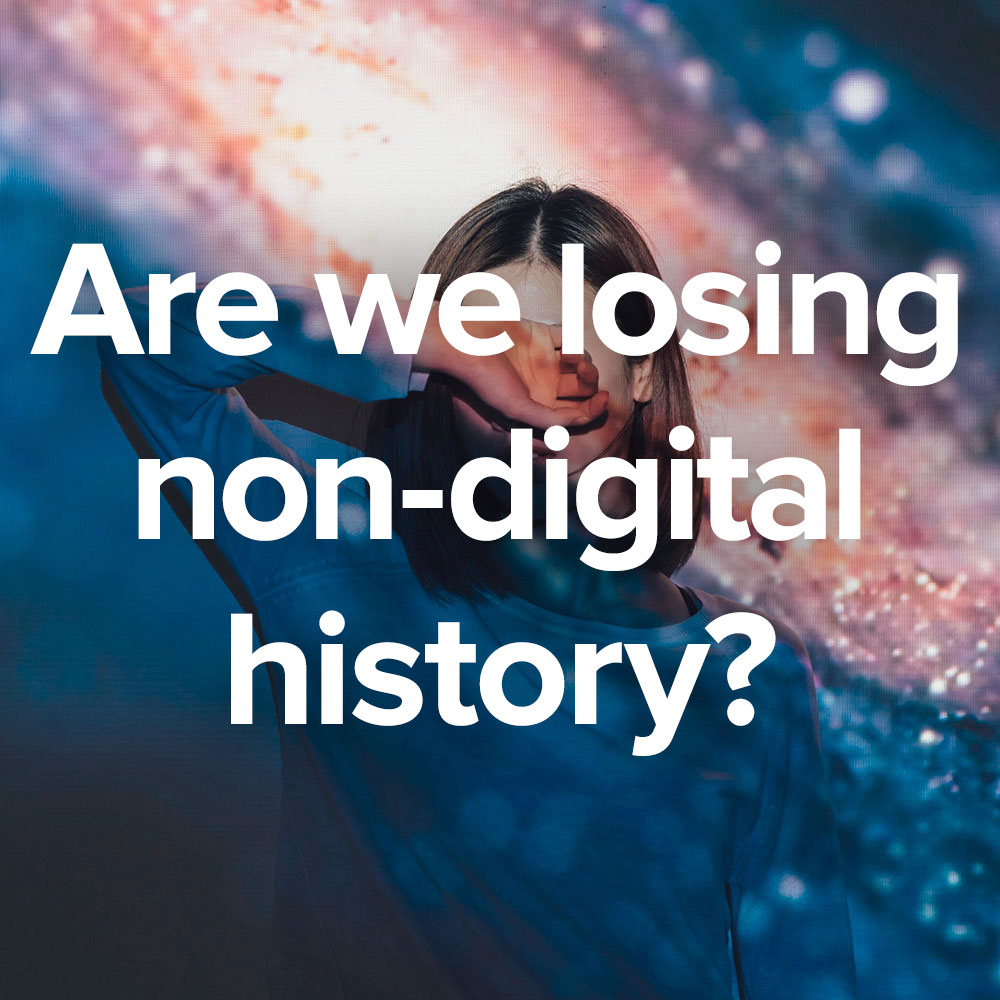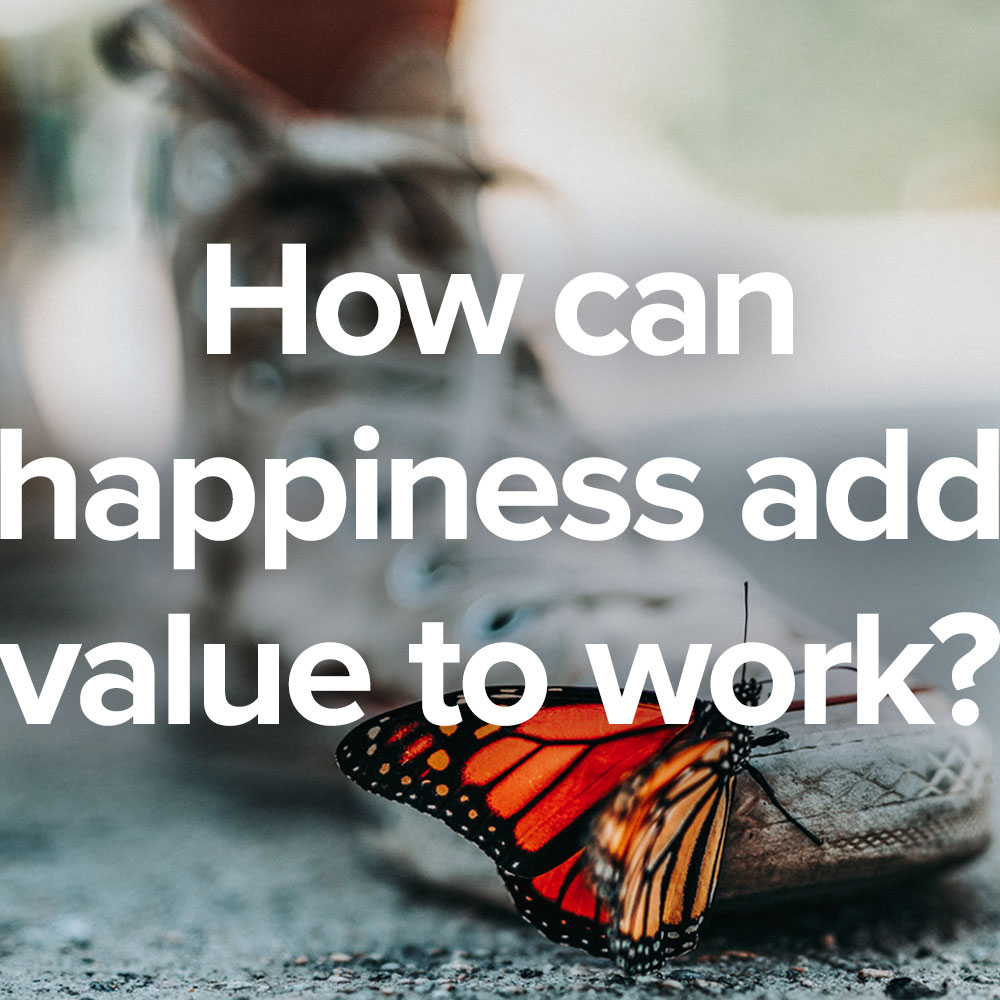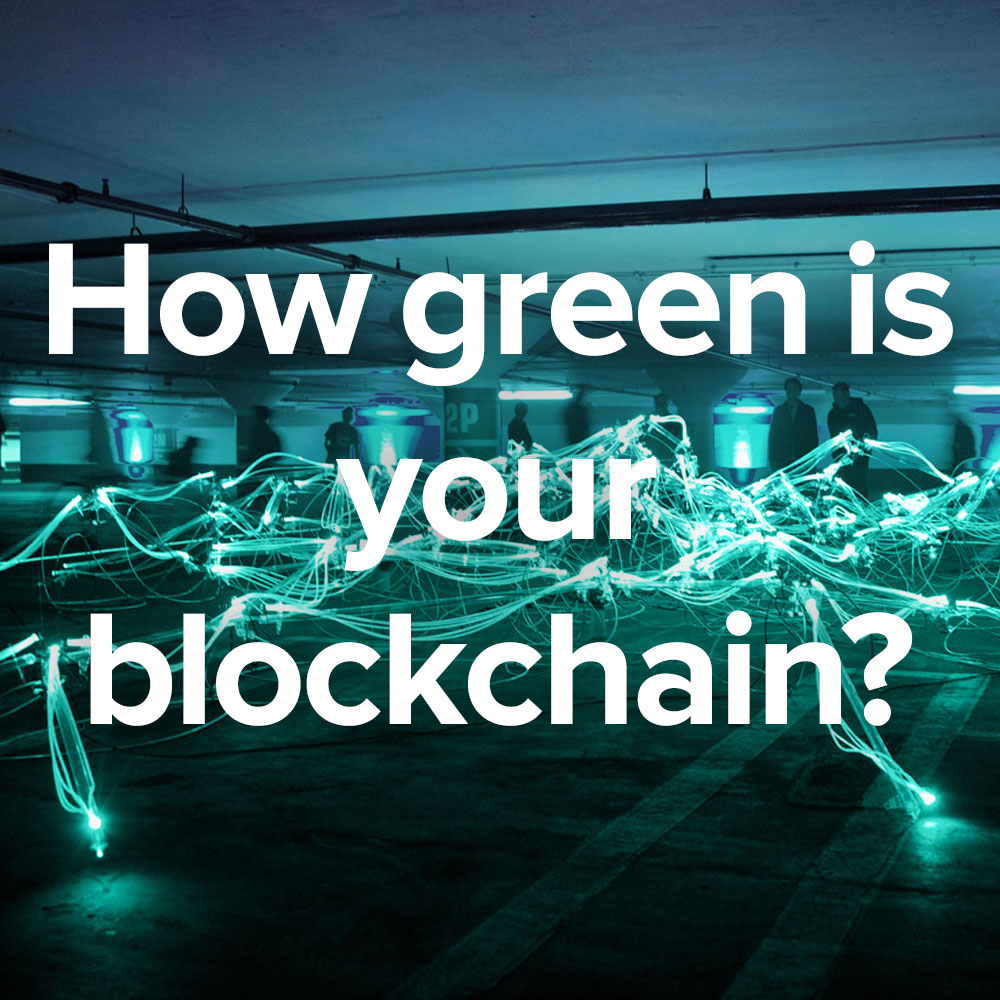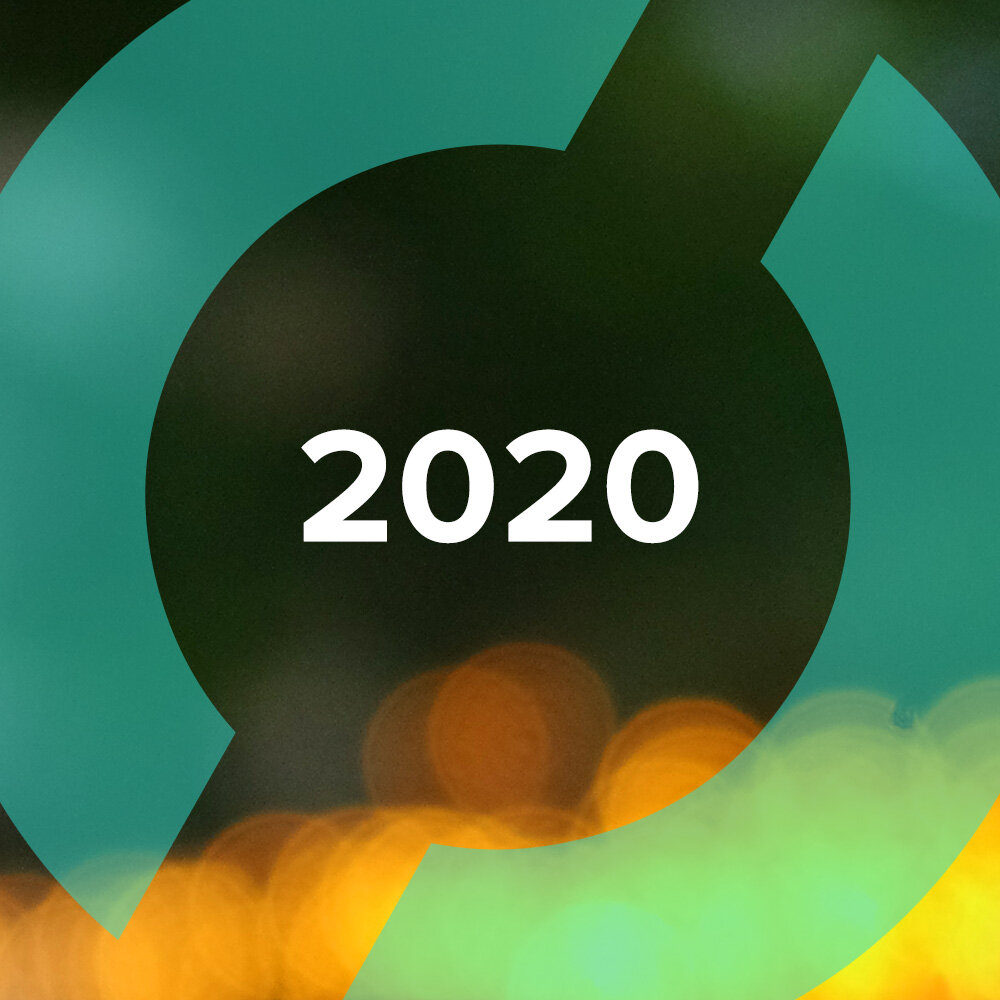“_________”
Bradley on Fintech.
Fintech is showing that you can take a look at revenue in different ways. Innovations decrease friction in banking and the industry’s reliance on fees, which comes with that. The Fintech ecosystem acts as a foil to excessive fees—a way to finally develop an alternative path.
— Bradley Leimer
Fintech Advisor, Investor, formerly Head of Innovation at Banco Santander
— A few weeks before Election Day, the air turned cool and crisp in Tennessee. The leaves hadn’t changed yet, but they were certainly discussing it. To celebrate the season, a local farmer cut a huge maze out of a cornfield up near the Kentucky border, in the shape of country-music singer Alan Jackson. We spent hours there, getting lost in the stalks, then, rescued, eating freshly made barbeque and listening to a bluegrass band. I had heard about Red-State America, and now I was finally living it, if only for a day. Just one thing: Everyone we met was really nice. Everyone was sane. What’s up with that?
The concept of charity sharply divides the U.S. electorate. Democrats favor government action to even things out; Republicans prefer to let “market forces” loose on the problem. In Nashville proper, it’s pretty clear from the considerable homelessness and pockets of poverty that the former is necessary. But in the wider world, it’s not the only answer. Driven by an underlying empathy for the consumer, the nascent Fintech industry is helping lift the unbanked and underbanked out of privation, challenging banks to do better while providing them with the solutions to do just that. I recently talked with Bradley Leimer, former Head of Innovation at Banco Santander and currently co-founder of Unconventional Ventures, a consulting team whose goal is to nurture great ideas in Fintech, especially ones that broaden financial opportunities—bringing banking to the masses, wherever they are, however little they’ve saved. His team is especially focused on solutions that can help consumers over 50—who, in the U.S., on average have saved less than $85,000 (€74,400, £66,275) by the time they retire.
Bradley, no one escapes. The biggest banks in the world are some of the biggest companies in the world, but here comes Fintech, nipping at their heels, innovating, taking market share but also trying to sell services to the banking industry. What's the state of play these days between the big banks and Fintech?
Bradley — A decade ago, banks didn’t have Fintech on their radar. I would show up at technology conferences and there would be no banks attending. They weren’t worried about these little startups, which didn’t have money behind them and didn’t yet have scale. Then maybe five or six years ago, Fintech started perking up to the point where banks started to fear potential disruption. And then startups started getting some real traction, in payments and credit and in wealth management, and acquired the ability to acquire customers at a more rapid pace using better, more modern technology.
The past 10 years, it’s been a really interesting back-and-forth between these competitive and now more often cooperative forces. The past two or three years, if you wanted to characterize how David and Goliath’s relationship was, I would say they put down their rocks and clubs and started getting down to work. Goliath may be even a bit inspired by David. The large money-center banks, the global banks, have done a really good job of digesting the external changes to the industry because they engaged the Fintech ecosystem and invested in it, and they collaborated when it was necessary. This story is far from over in my mind.
“Banking has been made better because of the rise of the Fintech ecosystem, and the winner is the consumer. It’s as if the industry’s relationship with its customers has been rejuvenated—at least this is my optimistic view of how things will turn out long term.”
Do you see a winner emerging?
Well, if anything, I think “banking” as a whole has been made better because of the rise of the Fintech ecosystem, and the winner has really been the consumer. It’s as if the industry’s relationship with its customers has been rejuvenated—at least this is my optimistic view of how things will turn out long term.
After the financial crisis, I think it’s fair to say the banking industry had a lot of repairing to do with its customers. Dodd-Frank, the Consumer Financial Protection Bureau, these weren’t random acts of governance.
Think about it this way: if you were looking for the ultimate expression of a banking industry that is doing something entirely different than what it was doing a decade or more ago—or maybe in its history—that would be if it were actually putting the customer first. When a bank’s relationship with the customer breaks down, it’s traditionally the bank's fault; banks have been getting bigger and bigger and bigger in the past 15, 20 years or more, and the nature of these enterprises evolved to a point where you had different layers of management running different deposit-product sets or different investment products or different types of credit, whatever it might be. Every single division at a big bank has its own P&L [profit-and-loss] statement to worry about. They have many mouths to feed, shareholders to please, and margins to keep. In order to do that, decisions became siloed and each part of the bank found a way to suck as much profit as it could out of its customers.
Fintech, however, is showing that you can take a look at revenue in different ways. There's always somewhere to make a sliver of profit in a different, non-traditional way. Fintech’s innovations decrease everyday friction that occurs in banking and the industry’s reliance on fees, which comes with that. The Fintech ecosystem acts as a foil to excessive fees—a way to finally develop an alternative path. In fact, I just took part in a study by the Omidyar Network and Oliver Wyman that looked at alternative revenue models for Fintech startups—the focus of which was on finding ways to instill trust with the consumer as you created different opportunities for financial wellness. There’s more than one path.
What’s an example of this?
Ok, take Wal-Mart, which has been offering its U.S.-based employees a chance to get a part of their paychecks in advance via a Fintech company called Even (see below). Even’s app also helps an employee to budget and avoid shortfalls by helping them understand their spending habits. It’s offered as an employee benefit—and helps keep employees from having to go to payday lenders just to survive until the next paycheck. A quarter-million employees are using the app now. There’s no cost for an employee to get his or her money early, just a $6 monthly charge to access the app. Payday lenders charge a lot more than that. This creates real value.
Robo-advising is another innovation. People are flocking to companies like Betterment and Wealthfront (and now Charles Schwab, Vanguard and Fidelity as they’ve adopted the model) because of the lower fees. Again, Fintech startups are changing the profit and revenue model of the industry.
“Customers start to be better off when they understand where they stand. Now they have access to things like Credit Karma, where they understand what their creditworthiness is and how much they’re worth. Banks could have offered consumers their credit score nearly 20 years ago and didn’t.”
You’re on a roll. Got another one?
Sure. Customers start to be better off when they understand where they stand. Now they have access to things like Credit Karma, where they understand what their creditworthiness is and how much they’re worth. Banks could have offered consumers their credit score nearly 20 years ago and didn’t. Why? Because it costs them money to obtain it, and it’s in their best interest to not have scores go up because it decreases their margin. Now, this is all changing as millions of people learn how to improve their credit situation through a simple app on their phone and they have better credit pricing as a result. Again, Fintech has been making every aspect of the banking industry more fair for consumers.
Safe to say altruism is a core Fintech principle?
I’d like to think that some of these Fintech entrepreneurs are true to their word and will look at the profit motive differently and continue to do so as their businesses grow. That’s my hope, that we’re truly, truly getting that wave of entrepreneurs that don’t just say that they believe in financial wellness, but actually prove it by not raking the customer over the coals.
Let’s shift gears for a second. Historically, Fintech = innovation = Silicon Valley. But that’s not really true, is it?
Not at all. You’re seeing the industry locate in markets partly because they’re cheaper obviously, but also for the quality of workers. They’re realizing that places like Portland, Oregon, and Berlin, Germany and Shenzhen, China are markets that have valuable workers who are engineers or software developers or what have you. In many cases, maybe they were working in a space that they are willing to change into financial services or they’ve been working for those payment companies that have been stuck in these corners for so many years that nobody's ever heard of.
And then the Fintech companies come in and they’re like, “Hey, we’re a Fintech startup, we just launched. We need engineers, we need software developers, we need front-end developers, we need all these people,” and they get flocks of people either there already on the ground or they have people wanting to live in these locations.
“I go to where the financial-services business model is changing the most, and the future is in Asia. TenCent and Alibaba are creating Super Apps that combine financial services and everyday needs.”
Are there long-term ramifications?
What it’s doing is helping cluster ecosystems of not just startups and technology companies, but it's really revitalizing opportunities to work. And in some cases, like my friends at MX, which is based in Utah, they are helping train immigrants who have come in from different parts of the Middle East and are training them to code. Think about the impact of going from not having a skill like that to potentially getting jobs that in a market like Utah pay $60,000 or more. That will let them level up so their kids will go to a good college and everything else that goes with the benefit of education, and then you have this cycle of transformation within families, a multi-generational impact that truly changes lives.
Speaking of the Middle East, is there a role for Fintech in emerging markets?
What’s interesting, you know, when you talk about the 1.7 billion underbanked or unbanked people in the world is, they of course all have phones. They all have the ability to use their Fintech-driven mobile apps to put money in and out, move it anywhere in the world to help their families, and to get various forms of credit. Regardless of where you are, you can get paid, you can move that money, you can store that money. And you can safely and securely start building wealth.
Fintech’s also changing spending and saving habits based on behavioral science. It has the ability to do that. And we need to help make as much of a dent in emerging markets as we do in more developed ones. It’s just sort of a different level of wealth. It’s really the only difference. The habits people should develop are no different. And there are plenty of people in the U.S. to help as well.
The Unbanked World
Nearly 50% of the world’s unbanked population currently live in just seven countries.
Between 2014 and 2017, 515 million more adults have opened some sort of financial services account. 3.8 billion people (69% of adults) have access to a bank account or an account through a mobile money provider.
World Bank’s 2017 Global Findex Database
You just came home from Hong Kong. This weekend you’re going to China. Then you come back, and after Thanksgiving, you’re going back to Tokyo. I’m picking up on something here.
I go to where the financial-services business model is changing the most, and the future is in Asia. TenCent and Alibaba Group are creating Super Apps that combine financial services and everyday needs. This will soon come to Europe and the U.S. and the rest of the world. And as for travel, I love to travel. My father worked for United for 37 years and we traveled a lot. I was fortunate to be an airline brat, and my view of the world has constantly changed over the millions of miles I’ve flown. I would tell anybody starting out in the business to travel internationally as much as you can, as early as you can. And you also need to travel this country extensively and understand how and why people are different. And how we’re the same. It’s just amazing to me how similar people’s needs are wherever they live. Their stories may seem different, but there’s always a similar theme.
Any general wisdom you’d like to share, before you leave?
Invest in yourself. Not just by saving money early on and that sort of thing, but more, continue to educate yourself your entire life. Read your entire life. Be voracious in how you learn. A mind well-traveled is just as important as a body well-traveled.
And one other thing, don’t plan on having children too early. In your twenties, travel and experience life. Getting married later, having kids later, allows you to personally evolve, helps your relationships evolve and gives you time to learn more about yourself. This lets you have more to give to your children in a lot of ways. Not just time, but real wisdom that you can only learn from experience.
Thank you Bradley and have a good flight to China!



